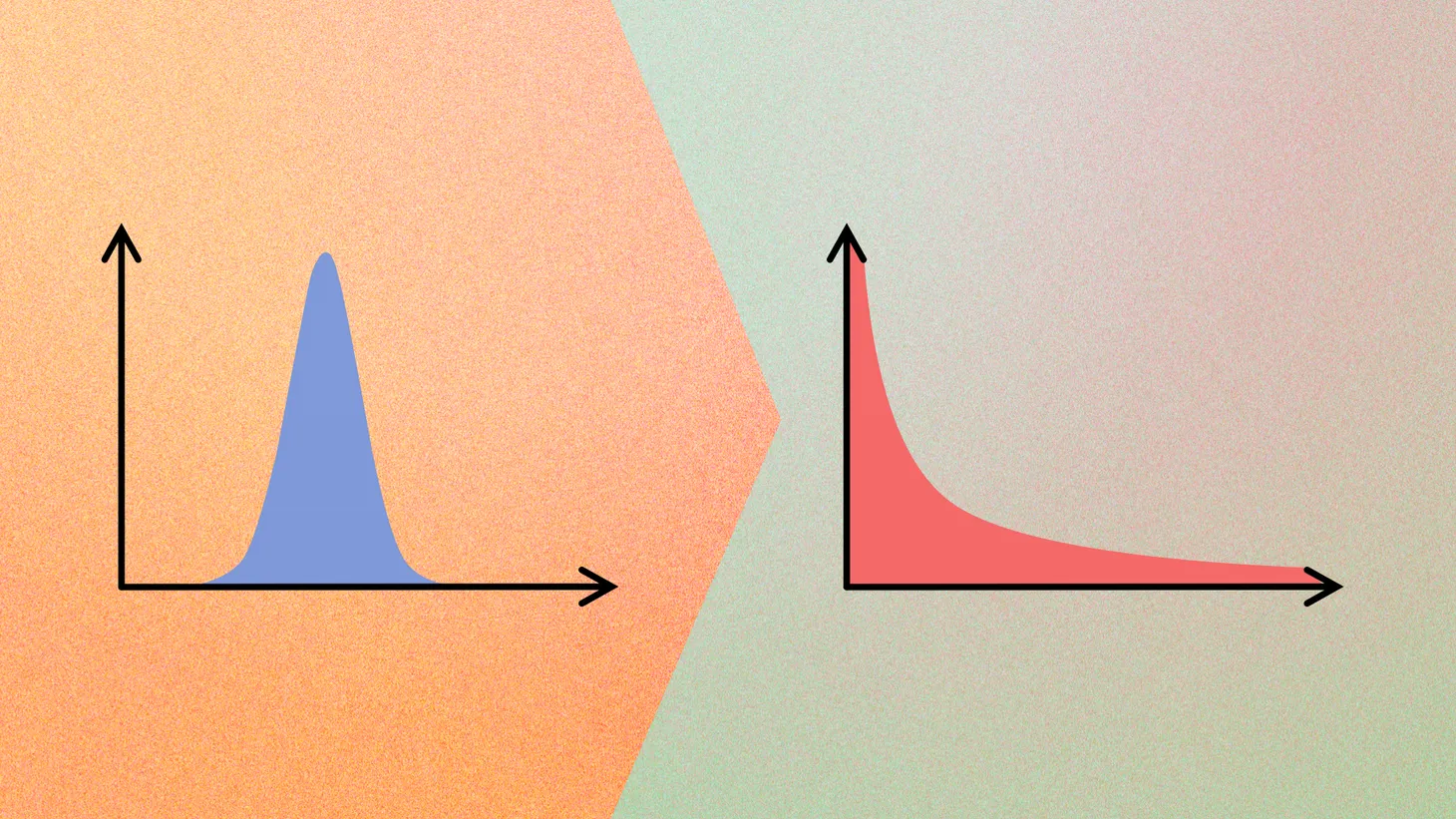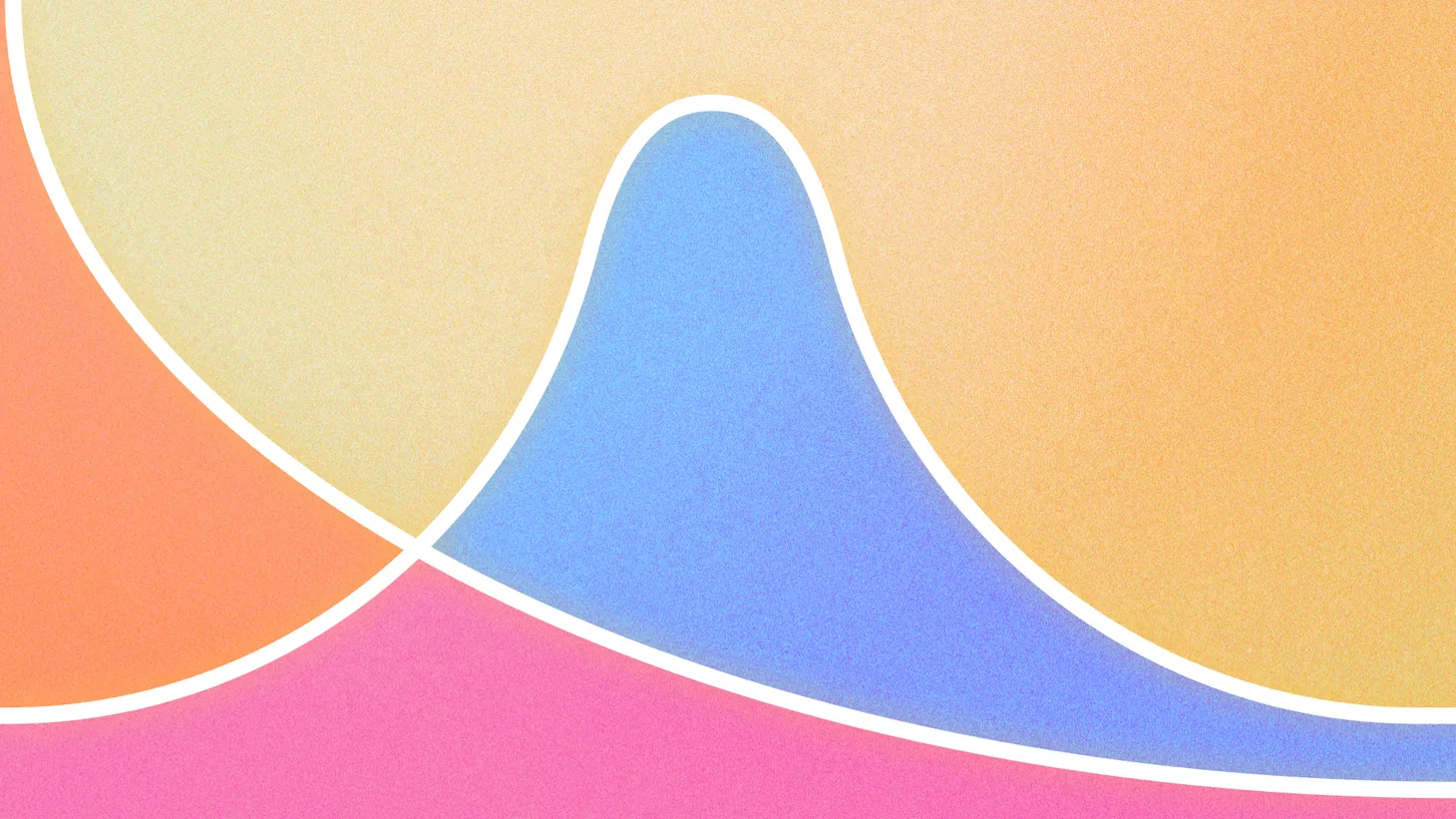Quiet Quitting, UBI, and Psychic Inequality
You can redistribute money, but can you redistribute meaning? The entertainment industry offers some lessons.

You can redistribute money, but can you redistribute meaning? The entertainment industry offers some lessons.
I've been revisiting the literature about inequality in cultural industries such as music, film, and writing. Perhaps the two most influential pieces on this topic are Rosen's Economics of Superstars and Adler's Stardom and Talent.
Economists are still debating why some artists earn so much more than others. Is it purely about differences in talent? Is it because of pure luck? Is it because art is a social experience, and fans want to consume art that other fans have already consumed?
We're not going to dive into the possible answers. Today, I want to highlight one interesting idea from this debate. Artists are often willing to earn a lower salary to do what they love. To an economist, this does not make sense. Why would someone do something if they could earn more doing something else?
Economists resolve this paradox by coming up with another form of income which they call "psychic income." In essence, psychic income refers to the non-monetary benefits that a person derives from performing a job. Say you get to choose between two jobs: Job A pays $20/hour, and Job B pays $25/hour. You choose Job A because you enjoy it, even though it pays less. To an economist, this means that you derive $5 of psychic income from Job A — enough to make up for the actual $5 you gave up by not opting for Job B.
This idea is relevant to two work-related trending topics that are currently in the news:
Quiet Quitting refers to people who are staying at their jobs but doing the absolute minimum. These people are either (1) not paid enough for what they're expected to do, (2) suffer by doing what they're paid to do, or (3) both. This is a form of negative psychic income, or psychic loss: The employees are not paid enough (in psychic and/or monetary income) to justify the required work. By doing less, they're trying to make their jobs worthwhile. Want them to do more? Pay them more or ask them to do things that generate psychic income — enjoyable and meaningful things.
The notion of psychic income is also related to Universal Basic Income (UBI). We live in a world of vast inequality, and technology is likely to make this inequality even worse and possibly make millions of people completely redundant. A growing number of people think the best way to address such disparities is by paying everyone a fixed salary for doing nothing.
But there's a catch. UBI can redistribute monetary income, but it cannot redistribute psychic income. Imagine a world where a minority of people work, make lots of money, and enjoy the psychic income of doing something meaningful, solving problems, and getting recognized for their achievements. The money they earn can be shared with millions of others. But the other benefits accrue only to the people who are actually working. And so, UBI can (arguably) mitigate monetary inequality but cannot mitigate psychic inequality.
The world will not be at peace unless all/most people feel like they count, like what they do matters. This, ultimately, seems to be more of a spiritual problem than an economic one. But religion and economics are related, and a new type of economy will require a new spiritual system to stabilize that economy. This means new types of religions (or religious-like movements) or the resurgence of old religions. It probably means both.
Have a beautiful day.
Dror Poleg Newsletter
Join the newsletter to receive the latest updates in your inbox.




